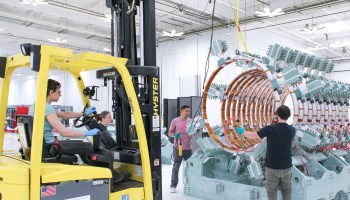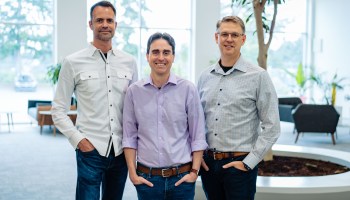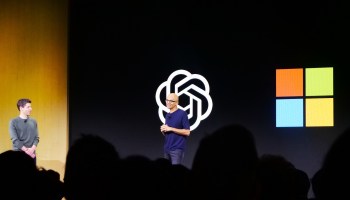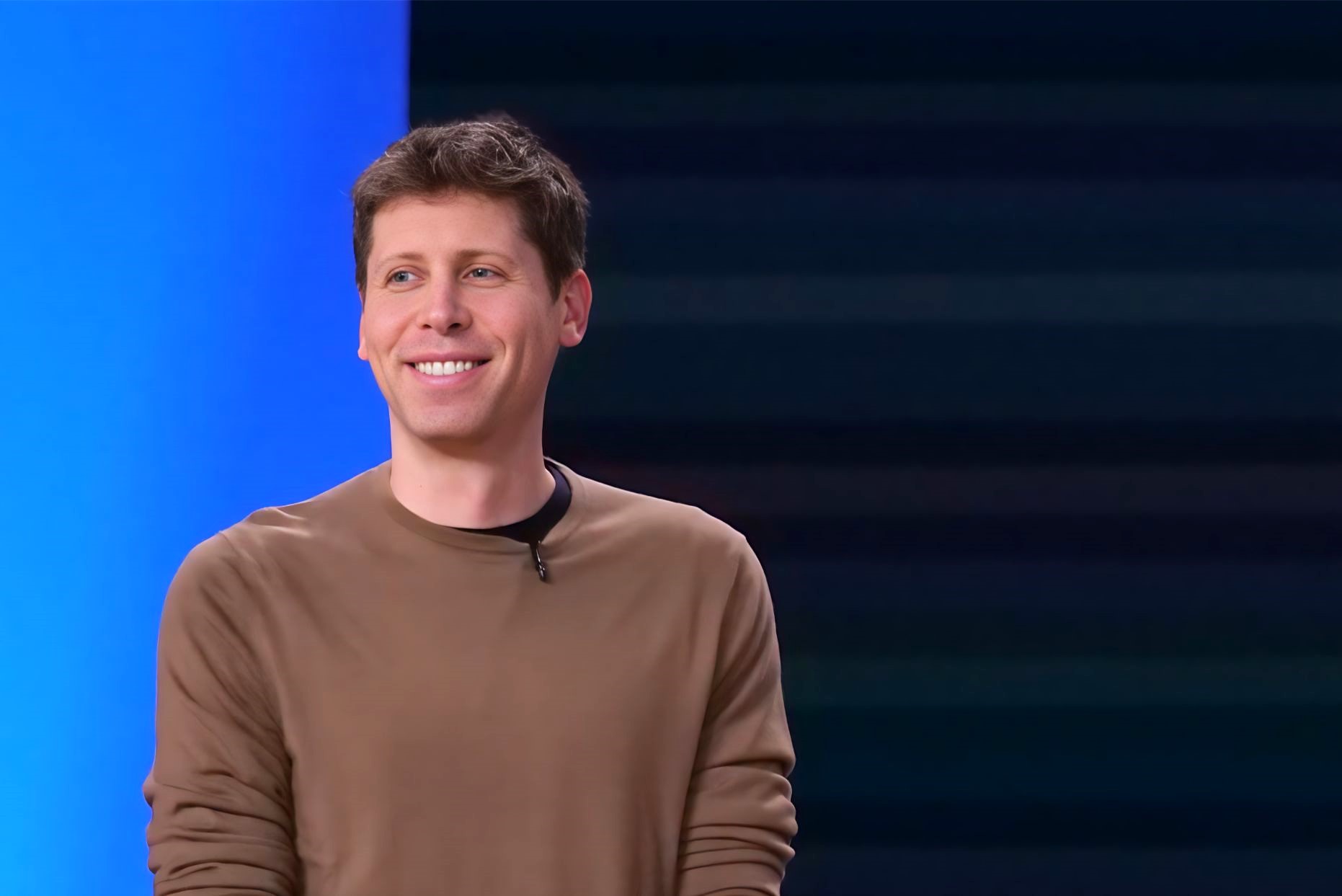
The Seattle-area fusion company Helion Energy is talking with OpenAI about a deal in which the AI company “would buy vast quantities of electricity to provide power for data centers,” according to the Wall Street Journal.
OpenAI CEO and co-founder Sam Altman has invested $375 million in Helion and is the company’s board chair. Altman has reportedly recused himself from the deal talks.
Helion is developing technology to produce renewable energy from nuclear fusion — a potentially limitless source of power, but one that no one has been able to harness in a commercially viable manner.
Yet the sector has attracted billions of dollars in investment, and companies internationally are striving to harness the fusion reactions that power the sun and the stars.
Speaking at an event at the World Economic Forum in Davos earlier this year, Altman said the future of AI is predicated on dramatic advancements in the availability of clean power.
“There’s no way to get there without a breakthrough,” he said. “We need fusion or we need like radically cheaper solar plus storage or something at massive scale.”
Helion is racing to deliver on that breakthrough. The company has raised $612 million in venture capital, with the promise of $1.8 billion of additional funding getting unlocked if deadlines are met. It has also received $8.97 million in federal grants.
“Helion is, like, more than an investment to me,” Altman told the media firm StrictlyVC last year. “That’s the other thing besides OpenAI I spend a lot of time on.”
On Monday, a spokesperson for the Everett, Wash.-based company said there were no new customer announcements to share.
The Wall Street Journal article raised broader concerns about conflicts of interest between Altman’s leadership at OpenAI and his involvement with companies that are courting OpenAI’s business.
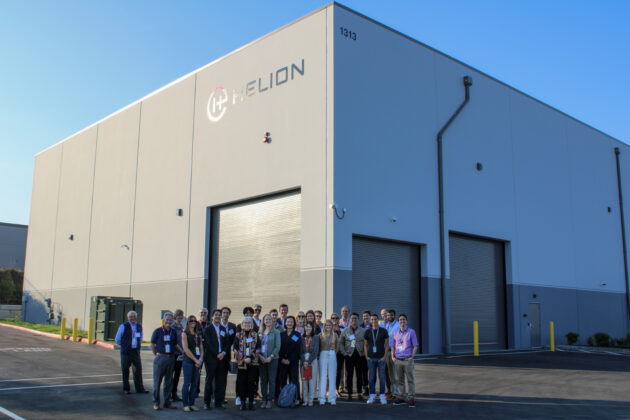
This isn’t the first customer deal that connects Altman and Helion.
In May 2023, Helion and Microsoft announced a groundbreaking agreement in which the Redmond, Wash., cloud and software company agreed to buy electricity from a facility that Helion is planning to build and get running by 2028.
Microsoft is tightly linked to OpenAI, investing more than $1 billion in the maker of ChatGPT and other generative AI, and integrating OpenAI technologies into its products.
But as tech companies scramble to develop new and more sophisticated AI tools and support their widespread use via their data centers, there are increasing concerns about the technology’s outsized energy demands and climate impacts. Microsoft, for example, reported last month that its carbon footprint grew 29% over 2023, in large part due to data center expansions.
Helion is currently finishing construction of Polaris, its seventh-generation fusion prototype device, which is expected to start operating this year.
Helion last year also announced an agreement with Nucor to build a fusion reactor to power a steel-making facility owned by the industrial manufacturer. The aim is to start operations by 2030.
The power purchase agreement with Microsoft requires Helion to start generating electricity on a set schedule — or pay financial penalties to the tech company.
Altman has been a proponent of fusion well before the launch of ChatGPT. As president of Y Combinator in 2014, Altman recruited Helion to participate in the startup incubator, the Wall Street Journal reported. He also invested in the company and became Helion’s chairman the year after.
